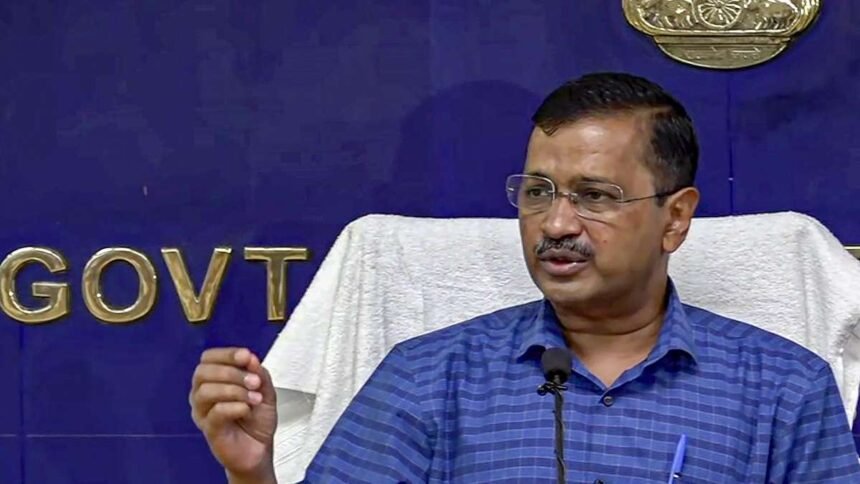The Congress party has indicated that while it recognizes the undermining of the Supreme Court by the Centre’s executive order on transfers and postings in Delhi, it prefers to make a collective decision on whether to side with Arvind Kejriwal’s Aam Aadmi Party (AAP) in parliament. KC Venugopal, the party’s Organizational in-charge, tweeted that the Congress will consult its state units and like-minded parties before finalizing its stance. He emphasized the party’s belief in the rule of law and its opposition to unnecessary confrontation, political witch-hunts, and campaigns based on lies.
Sources have revealed that the Congress is planning to support Delhi Chief Minister Arvind Kejriwal and oppose the Centre’s executive order in the upcoming monsoon session of parliament, which begins in July. This move would mark the first time the Congress extends unsolicited support to the AAP, with which it has had conflicts in Delhi.
However, senior Congress leader Ajay Maken advised Kejriwal to adopt the “Sheila Dikshit model” of engaging respectfully with officers, rather than mistreating them. Despite this, central leaders of the Congress are reportedly concerned about the BJP government’s undermining of the Supreme Court and its efforts to subvert democracy. They view the ordinance as placing the Chief Minister on par with the Chief Secretary and thereby diminishing the authority of the elected government.
Previously, Congress welcomed a landmark judgment by the Supreme Court, which affirmed that the power of administration in a democratic system should rest with the elected arm. The court emphasized that if officers refuse to report to ministers or disobey their directions, the principle of collective responsibility is compromised. The judgment came after an eight-year dispute between the Centre and the Arvind Kejriwal government over control of the Services department.
The Centre’s recent ordinance establishes a National Capital Civil Services Authority responsible for postings and transfers of bureaucrats in Delhi. The Chief Minister, Chief Secretary, and Principal Home Secretary are members with voting rights, but the Lieutenant Governor holds the final decision-making authority.
Kejriwal has initiated outreach to opposition parties, starting with Bihar Chief Minister Nitish Kumar. He is scheduled to meet Shiv Sena (UBT) leader Uddhav Thackeray and Nationalist Congress Party Chief Sharad Pawar on May 24 and 25 in Mumbai to discuss plans to block the ordinance in the Rajya Sabha.
The bill related to this matter is expected to be introduced in the monsoon session of parliament, and the BJP is confident it will be passed in both houses. The current strength of the Rajya Sabha is 238, with the majority mark at 119.
The Congress and other opposition parties’ stance will be crucial, with Naveen Patnaik’s Biju Janata Dal and YS Jaganmohan Reddy’s YSR Congress playing important roles. Both parties have nine seats each and tend to maintain equal distance from the Congress and the BJP. While they have provided issue-based support to the government in the past, their position on this occasion remains uncertain.
Naveen Patnaik recently confirmed that his party will not be part of the opposition front, asserting that the BJD will contest the 2024 general elections independently, as it has always planned.
